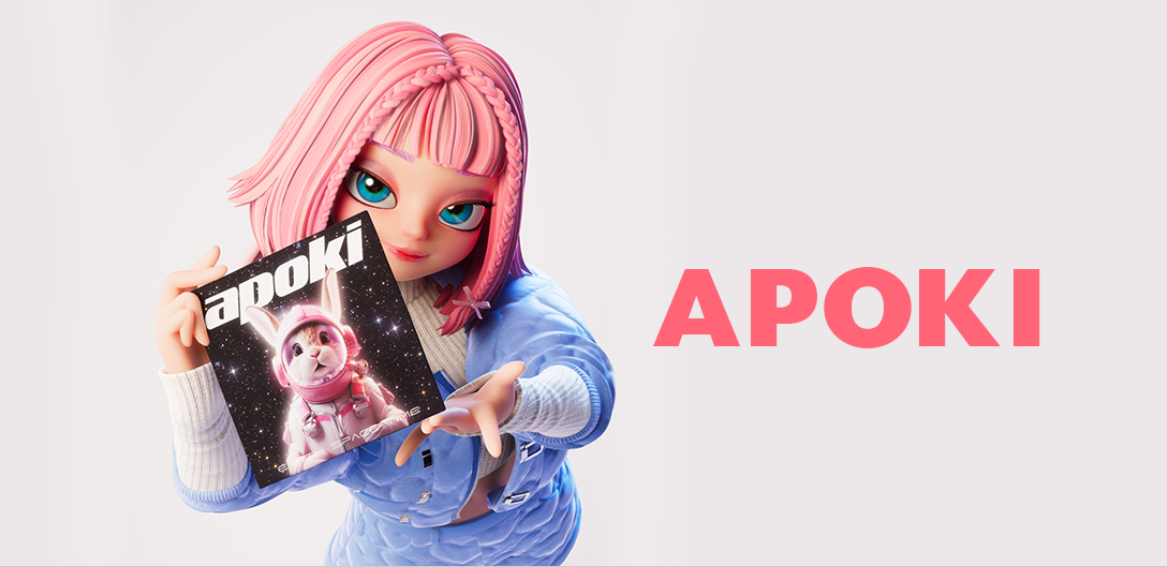The Rise of Virtual Influencers in South Korea: The Top 10 Virtual Influencers
South Korea has emerged as a powerhouse in the virtual influencer landscape, transforming the way brands and audiences interact with digital personalities. From cartoon rabbits to hyperrealistic AI-generated humans, Korean virtual influencers are capturing millions of followers and reshaping social media marketing.

Why Korea Leads the Virtual Influencer Revolution
South Korea's dominance in the virtual influencer space shouldn't come as a surprise. The country that brought us K-Pop, cutting-edge technology, and gaming culture has naturally embraced digital personalities. Even mainstream K-Pop groups like aespa are incorporating virtual avatars, blurring the lines between reality and digital artistry.
The Korean market's acceptance of virtual beings reflects a broader cultural comfort with technology integration and digital entertainment. This creates fertile ground for virtual influencers to thrive and gain authentic audience engagement.
The Top Players: From Millions to Thousands
The Mega-Stars
Leading the pack is APOKI, a cartoonish rabbit K-Pop star with an impressive 3.9 million followers. As Korea's first virtual influencer, debuting in 2019, APOKI paved the way for others and remains the most successful Korean virtual personality. Close behind is Lechat with 3.1 million followers, created by the same production company (VV Entertainment) that developed APOKI. Both characters showcase advanced animation techniques and perform song and dance covers that resonate with global audiences.
The Hyperrealistic Revolution
Rozy Oh represents a different approach entirely. With 127,000 followers, she's the first hyperrealistic virtual influencer from South Korea. Her nickname "GamSeong JangIn" (expression expert) highlights her remarkably expressive facial animations that make her Instagram presence feel genuinely human-like.
Rina, managed by top Korean talent agency Sublime, has built a strong following of 125,000, particularly on TikTok where she regularly appears alongside real celebrities from the same agency. This integration with traditional entertainment industry structures demonstrates how virtual influencers are becoming mainstream.
Innovation and Diversity
The Korean virtual influencer space showcases remarkable diversity:
- Eternity presents an entirely new concept as an AI girl group with 11 unique members, each with distinct personalities and deepfake faces
- Theo breaks barriers as the first half-Brazilian, half-Korean virtual influencer, posting bilingually and connecting global communities
- Han YuA originated from a VR game and successfully transitioned to virtual influencer status, even releasing a debut single with over 7 million YouTube views

The Business Impact
These virtual personalities aren't just entertainment—they're serious business. Korean virtual influencers are securing major brand partnerships with companies like Lotte, Papa Recipe, and WAAC golf. They're expanding into NFTs, music production, and traditional advertising campaigns.
The talent agency representation of virtual influencers like Rina (Sublime) and Han YuA (YG KPlus) signals that the entertainment industry views these digital personalities as legitimate talent worthy of professional management.
What This Means for the Future
South Korea's success with virtual influencers offers several insights for the global digital marketing landscape:
Cultural Integration: Virtual influencers work best when they align with existing cultural preferences and entertainment formats. Korea's embrace of technology and digital entertainment created natural acceptance.
Production Quality Matters: The most successful Korean virtual influencers, like APOKI and Lechat, invest heavily in high-quality animation and content production that rivals traditional entertainment.
Authenticity Through Personality: Despite being artificial, successful virtual influencers develop distinct personalities and consistent posting styles that create genuine emotional connections with audiences.
Cross-Platform Strategy: The most successful Korean virtual influencers maintain presence across multiple platforms—Instagram, TikTok, YouTube—each optimized for the platform's unique audience and format.
Looking Ahead
As virtual influencer technology continues advancing and cultural acceptance grows globally, South Korea's early innovations and successes provide a blueprint for other markets. The combination of technological capability, cultural openness, and entertainment industry expertise positions Korea to remain a leader in this space.
The virtual influencer phenomenon in Korea demonstrates that audiences are ready to form genuine relationships with digital personalities when they're crafted with care, consistency, and cultural relevance. As brands worldwide seek new ways to connect with digital-native consumers, the Korean virtual influencer model offers valuable lessons in successful digital personality creation and management.
Whether you're a marketer, content creator, or simply curious about digital culture, the rise of Korean virtual influencers represents a fascinating glimpse into the future of online entertainment and brand engagement.